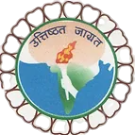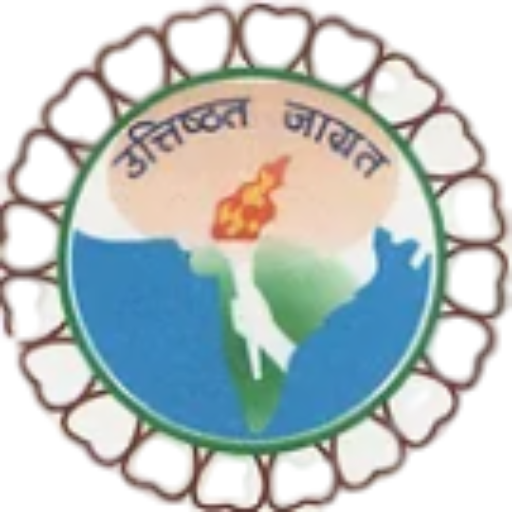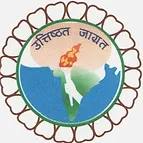Corruption & Illicit Finance
Corruption in India is a topic that seems to never fall out of fashion. From as far back as Kautilya’s Arthashastra in the 4th century BC to the 2G telecommunications spectrum scam in the contemporary period, corruption is widely perceived to be an endemic phenomenon in the Indian subcontinent.
Yet, by any measure, the salience of corruption in the public policy discourse in India has ratcheted up in recent years. This is, in part, a reflection of a series of high-profile “scams” that plagued the recently departed United Progressive Alliance (UPA) government. In 2011, India saw a grounds well of popular protest in which thousands of citizens joined in anticorruption demonstrations after a series of scandals implicated ruling politicians and their cronies in billions of dollars of graft—from the Commonwealth Games to 2G scandals, and from “Coalgate” to Adarsh Housing Society. This simmering discontent later gave rise to a new political party—the Aam Aadmi Party (AAP)—that burst onto the political scene with a pledge to clean up government.
While the AAP’s popularity has largely been limited to Delhi and its surrounding areas, the recent anticorruption mood in India arguably helped propel the Bharatiya Janata Party’s (BJP) Narendra Modi and his National Democratic Alliance (NDA) government into power in the 2014 general election. Indeed, Modi consistently invoked his fight against corruption on the campaign trail, telling huge crowds that the Congress government stood for the “ABCD of corruption,” listing numerous scams in which the party and family members of the Nehru–Gandhi dynasty were implicated: “A for Adarsh, B for Bofors, C for CWG, and D for Damad Ka Karobaar (‘son-inlaw’s business,’ a reference to corruption allegations lodged against Robert Vadra, the son-in-law of Congress president Sonia Gandhi).”
A postelection analysis conducted by the Centre for the Study of Developing Societies (CSDS) suggests that anticorruption sentiment was a key contributor to the BJP’s winning an outright majority in parliament, the first time any party has done so in three decades (and the first time in history such a feat was accomplished by a party other than the Congress). According to CSDS’ 2014 National Election Study, only concerns over inflation and lack of economic development were more important than corruption in determining voters’ choices in the election.
Causes of Corruption: The major causes of corruption in India. Given the complexity and breadth of an issue such as corruption, it is impossible to fully account for all of the underlying drivers that create incentives for corrupt behaviour. Rather than attempting to construct such an unwieldy inventory, we focus instead on stylized drivers of corruption.
India’s per capita Gross Domestic Product (GDP) in 2015 places it among the ranks of the world’s lower middle-income countries. Given the inverted U shaped relationship between corruption and per capita GDP across countries, it seems intuitive that corruption in India might pose a particular challenge. In the poorest countries, corruption is limited because there is, frankly, not much to steal; in the most undeveloped economies, there is little need to delegate the types of discretionary tasks that lend themselves to bribery. On the opposite end of the spectrum, the rich, advanced industrialized countries have developed robust legal frameworks and institutional and enforcement mechanisms necessary to deter and combat corruption.
NDA to introduce anti-corruption as subject in varsities
Riding to power on the anti- corruption plank, Narendra Modi government has decided to introduce ‘anti-corruption’ as a subject at the university level.
The University Grants Commission (UGC), governing higher education in the country, has already sent a letter in this regard to all vice chancellors.
The subject is proposed to be introduced in the Law, Public Administration, and Human Right curriculum among others to bring about a constructive change in the society and help students combat the menace at every forum.
“…in order to strengthen participation and combat corruption in its every form, HRD has considered inclusion of subject ‘anti-corruption’ in the curriculum and also for carrying out the research work in higher educational institutions,” the letter addressed to the vice chancellors has said.
The move by UGC comes in the backdrop of the HRD Ministry asking it to incorporate the subject at the higher education level, officials said.
The aim is also to discourage irregularities not only at the university level, but instill in students a spirit to fight the menace in every walk of life, they added.
Eradication of corruption and bringing in transparency in governance was one of the major issues highlighted by Modi during his poll campaign.
Action against corrupt people priority of NDA govt, says PM
Citing a report released by NITI Aayog, Modi said almost 25 crore people have been lifted out of poverty in the last nine years, by the efforts of his government.
Prime Minister Narendra Modi on Tuesday said that “action against corruption and corrupt people” has been the priority of the BJP-led NDA government at the Centre.
Addressing a gathering after inaugurating the National Academy of Customs, Indirect Taxes and Narcotics (NACIN) at Palasamudram in Sri Satyasai district, Modi said that “taxpayers’ money was being utilised properly, and whatever taxes are being collected are returned to the people in different forms”.
He also said that the citizens have “saved nearly Rs 2.5 lakh crore in tax after the BJP came to power”, and 10 crore fake names have been deleted from the documents.
“In the last 10 years, we have empowered the poor, farmers, women, and youth… Today, every paisa sent from Delhi (Centre) reaches the bank account of the beneficiary who is entitled to it. Fight against corruption and action against corrupt people has been the priority of the government,” said Modi, adding that tax reforms such as the implementation of GST and simplified income tax system were brought in during the last 10 years, resulting in record tax collection.
RJS organised a conference on Eradication of Corruption and Restoration of Values on 25th & 26th November 1998 at New Delhi.


